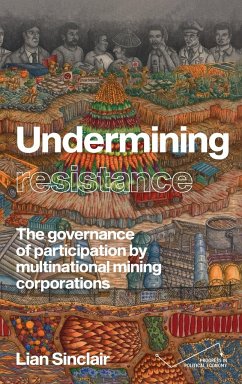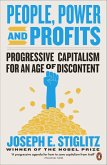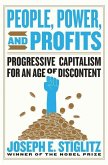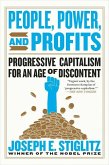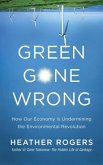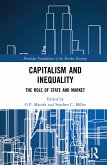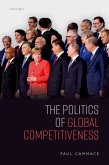Why and how do people affected by mining embrace or resist mining? Why are global private standards for social and environmental impacts of mining proliferating so quickly? Have multinational mining corporations fully shifted to participation as a strategy to undermine resistance? This book answers these questions and more by providing a new critical political economy of extractive accumulation to explain how participation crises and governance are related through local, national and global resistance. Extractive accumulation is the collection of strategies and relationships at local, national and global scales that enable corporations to secure natural resources and profit from their extraction within global capitalist economies. Corporate social responsibility, community development, 'gender-mainstreaming' and environmental monitoring are neither simple outcomes of corporate ethics nor mere greenwashing strategies. Rather, participation is a mechanism to undermine resistance and create social relations amenable to extractive accumulation. Drawing on new evidence from three detailed Indonesian cases, Undermining resistance explains how participatory mechanisms continuously reshape and are reshaped by community-corporate conflict. Findings highlight feedback between local social relations, conflict, transnational activism, crises of legitimacy and global governance. Combining the 'modes of participation' approach with social reproduction theory and Gramscian political economy, the book provides a fresh look at the institutions and ideologies shaping corporate management of social and environmental conflicts.

